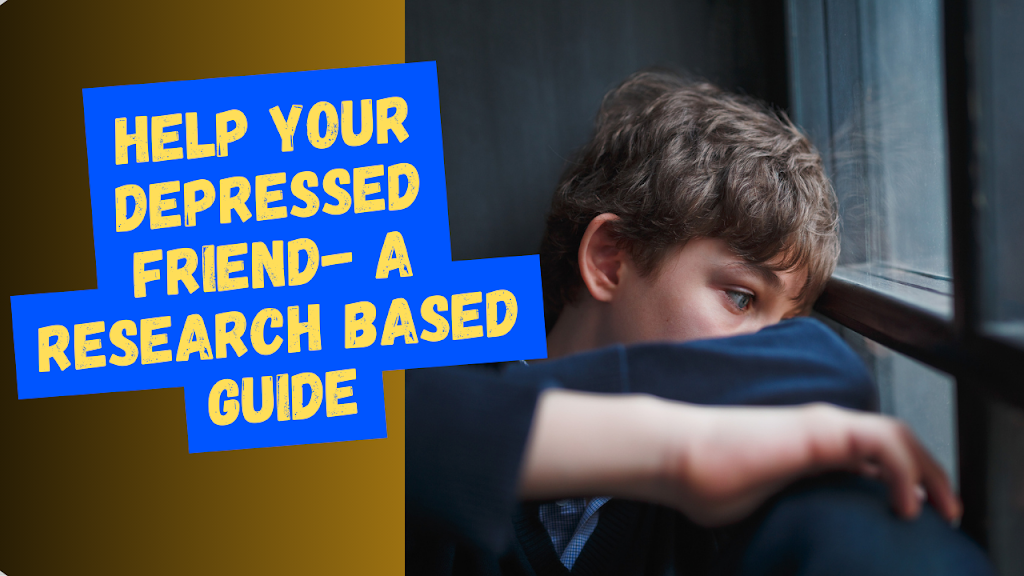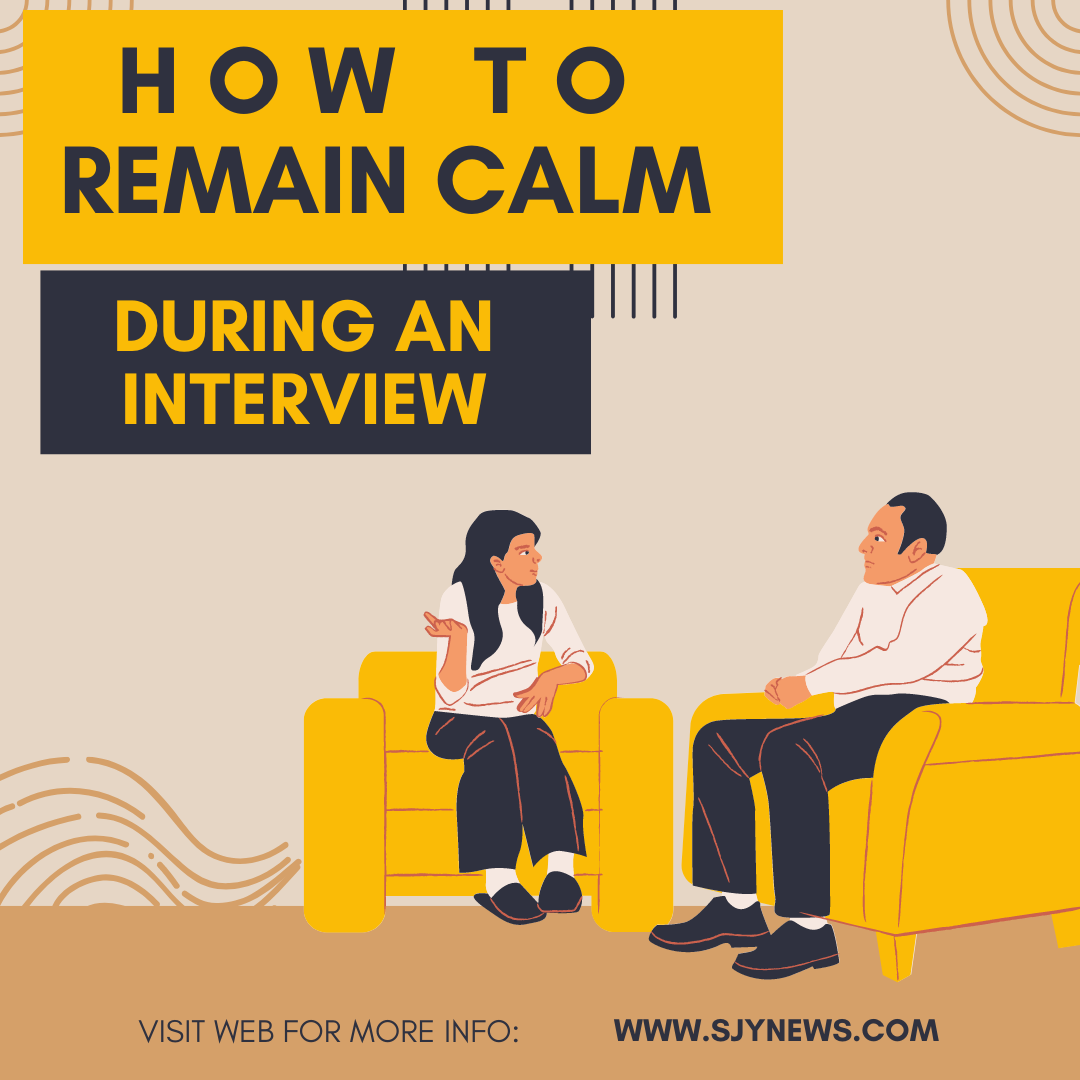
How to Help a Depressed Friend: A Research Based Guide
Depression is a serious mental health condition that affects millions of people worldwide. If you have a friend who is struggling with depression, you may feel unsure about how to help. This guide will provide you with practical advice and insights on how to support your friend through their difficult time.
 |
| How to help a depressed friend – A research based guide on our website |
Understanding Depression
What is Depression?
Depression is more than just feeling sad or having a bad day. It is a persistent feeling of sadness and loss of interest that can affect how a person thinks, feels, and handles daily activities. Symptoms may include:
– Persistent sad, anxious, or “empty” mood
– Feelings of hopelessness or pessimism
– Irritability
– Feelings of guilt, worthlessness, or helplessness
– Loss of interest in activities once enjoyed
– Decreased energy or fatigue
– Difficulty concentrating, remembering, or making decisions
– Difficulty sleeping, early-morning awakening, or oversleeping
– Appetite and/or weight changes
– Thoughts of death or suicide, or suicide attempts
Causes of Depression
Depression can be caused by a combination of genetic, biological, environmental, and psychological factors. Common causes include:
– Family history of depression
– Major life changes, trauma, or stress
– Certain medical conditions and medications
– Substance abuse
Recognizing the Signs of Depression in a Friend
Behavioral Signs
– Withdrawal from social activities
– Decreased performance at work or school
– Loss of interest in hobbies and activities
– Changes in eating or sleeping patterns
Emotional Signs
– Persistent sadness or moodiness
– Expressions of hopelessness or worthlessness
– Excessive guilt
– Irritability or anger
How to Approach a Depressed Friend
Start the Conversation
1. Choose a Suitable Time and Place**: Find a quiet, private space where you can talk without interruptions.
2. Express Your Concerns Gently**: Use “I” statements to express your concern, such as “I’ve noticed you’ve been feeling down lately, and I’m worried about you.”
3. Listen Without Judging**: Allow your friend to talk about their feelings without interrupting or offering unsolicited advice.
Offer Support
1-Be Patient and Compassionate**: Understand that your friend may not be ready to talk right away.
2-Validate Their Feelings**: Acknowledge their pain and avoid minimizing their feelings.
3-Avoid Giving Simplistic Solutions**: Statements like “Just snap out of it” are unhelpful and can make your friend feel misunderstood.
Practical Ways to Help
Encourage Professional Help
Suggest Therapy: Encourage your friend to seek professional help from a therapist or counselor.
Offer to Help Find Resources: Help them research therapists, support groups, or mental health organizations.
Accompany Them to Appointments: Offer to go with them to their first appointment if they feel anxious about going alone.
Be There for Them
Regular Check-Ins**: Keep in touch regularly through calls, texts, or visits.
Engage in Activities Together**: Invite your friend to do activities they once enjoyed or new ones that may interest them.
Offer Practical Help**: Assist with daily tasks that may seem overwhelming to them, such as grocery shopping, cooking, or cleaning.
Create a Supportive Environment
Promote Healthy Lifestyle Choices: Encourage physical activity, a balanced diet, and adequate sleep.
Avoid Substance Abuse Discourage the use of alcohol or drugs as a way to cope with depression.
Create a Safe Space: Make your home or shared space a place where they feel safe and supported.
Understanding What Not to Do
Avoid Being Judgmental
Don’t Blame Them: Understand that depression is not their fault and is not something they can just “snap out of.”
Avoid Comparisons: Do not compare their situation to others or say things like “Others have it worse than you.”
Respect Their Boundaries
– **Don’t Force Conversations**: If your friend is not ready to talk, let them know you are there for them when they are ready.
– **Avoid Overstepping**: Respect their privacy and do not push them to share more than they are comfortable with.
Set Boundaries
Know Your Limits**: Understand that you cannot fix their depression, and it’s okay to set boundaries to protect your own mental health.
Take Time for Yourself**: Ensure you have time to relax and recharge.
Seek Support
Talk to Someone: Share your feelings with another friend, family member, or therapist.
Join a Support Group: Consider joining a support group for friends and family of people with depression.
## FAQs
How Can I Tell If My Friend Is Depressed or Just Having a Bad Day?
Look for persistent symptoms that last for more than two weeks and affect their daily functioning.
Should I Tell My Friend to “Snap Out of It”?
No, depression is a medical condition, and telling someone to snap out of it can be hurtful and unhelpful.
What If My Friend Denies Being Depressed?
Express your concerns gently and provide examples of behaviors that worry you. Encourage them to seek professional help.
Can I Help My Friend Without Professional Help?
While you can offer support, professional help from a therapist or doctor is essential for treating depression effectively.
How Can I Support a Friend Who Refuses to Seek Help?
Continue to be supportive and patient. Offer information about resources and gently encourage them to seek help without pushing too hard.
Is It Okay to Talk About Depression with Other Friends?
Respect your friend’s privacy. Only share information if you have their permission or if you believe they are in immediate danger.
How Do I Know If My Friend Is Suicidal?
Warning signs include talking about wanting to die, expressing hopelessness, withdrawing from others, and giving away possessions. If you believe your friend is in immediate danger, seek professional help immediately.
What Should I Do in an Emergency?
If your friend is suicidal, do not leave them alone. Call emergency services or take them to the nearest emergency room.
Supporting a friend with depression can be challenging, but your compassion and understanding can make a significant difference in their recovery. Remember to take care of yourself as well, and seek support when needed.
References:
World Health Organization : WHO
National Institute of Health : NIH
For more interesting articles visit our website : WEBSITE





